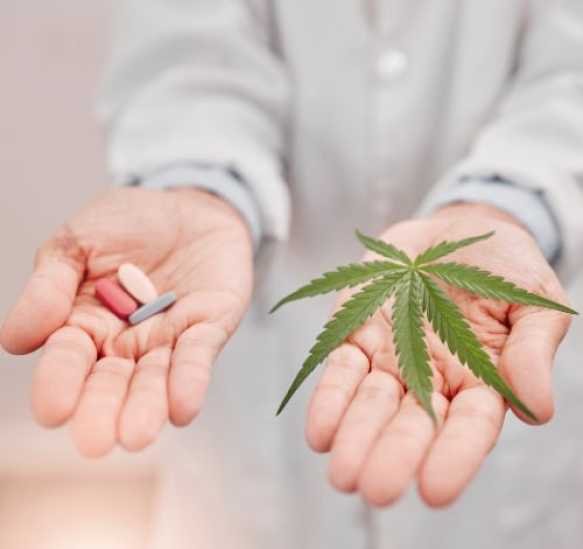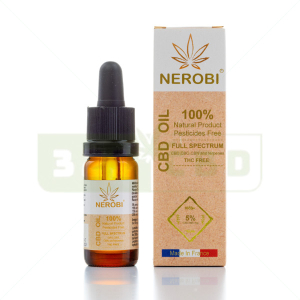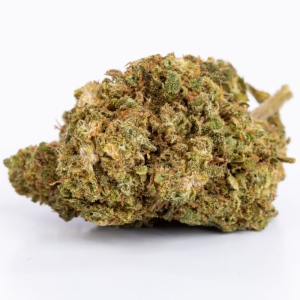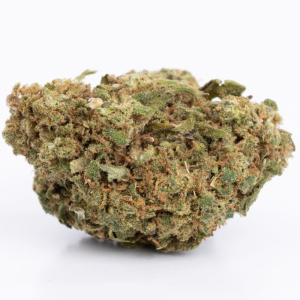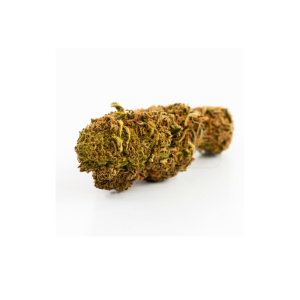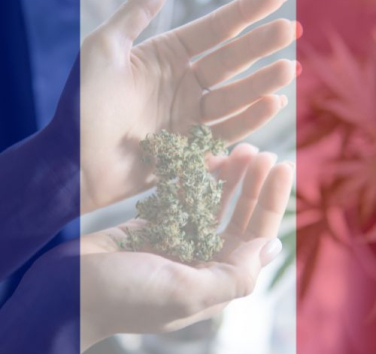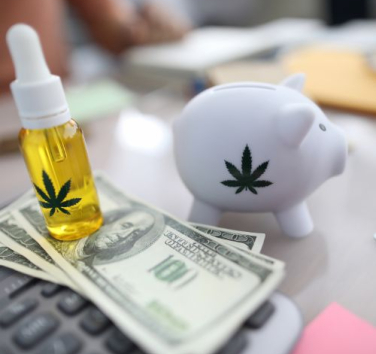Sommaire
- CBD medical prescription: a little context…
- What are the pathologies concerned by the medical prescription of cannabis in France?
- Can you ask your doctor for a medical prescription for CBD or THC?
- Medical prescription of CBD by psychologists
- Medical prescription of CBD by physiotherapists
- Medical prescription of CBD by osteopaths
- Medical prescription of CBD by somnologists
- Medical prescription of CBD by sports doctors
CBD medical prescription: a little context…
In France, cannabis-based medicines have not yet officially entered the pharmacopoeia.
Indeed, despite the numerous scientific studies which have demonstrated the interest of hemp in a certain number of uses, in particular the management of chronic pain which do not respond to usual treatments, the Ministry of Health wanted to conduct its own large-scale experiment before legislating on this point.
In 2021, Olivier Véran, then Minister of Health, launched a major clinical study in France to assess the potential and interest of cannabis in the broad sense (THC and CBD) .
This experiment, led by the National Agency for the Safety of Medicines and Health Products (ANSM), should enable health authorities to decide on the feasibility of the circuit for making cannabis available to patients, particularly in terms of prescription by doctors and dispensing by pharmacists. It initially targeted more than 3,000 patients on a voluntary basis, but this figure was exceeded, as explained by the ANSM in a press release published in February 2024.
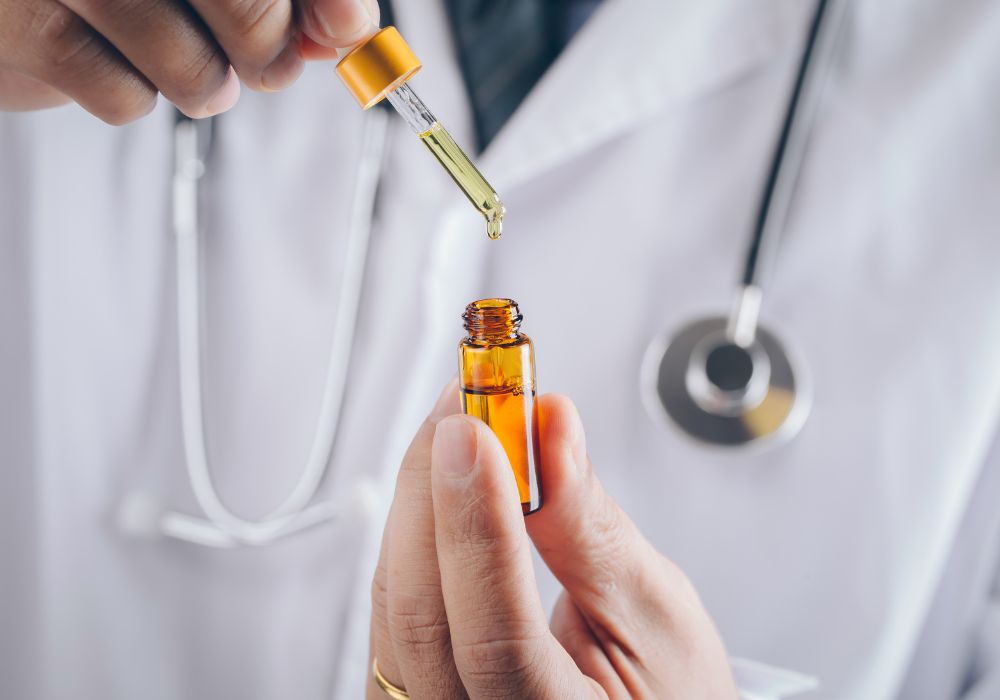
What are the pathologies concerned by the medical prescription of cannabis in France?
It was the ANSM which formulated the indications for medical cannabis (mainly CBD and THC), always within the framework of experimentation. Overall, the study mainly covers disorders and pathologies that do not respond favorably to usual treatments:
- Refractory neuropathic pain: the medical prescription of CBD and/or THC aims here to relieve patients for whom conventional treatments are either insufficient or poorly tolerated;
- Certain forms of epilepsysevere and drug-resistant;
- Rebellious symptoms in oncology linked to cancer or its treatments: the medical prescription of CBD and/or THC aims here to improve the quality of life of cancer patients whose symptoms do not respond not to usual therapies;
- Palliative situations: CBD and THC are used to improve quality of life in palliative care settings;
- The painful spasticity of multiple sclerosis or other pathologies of the central nervous system: the medical prescription of CBD and THC aims to relieve patients who suffer from acute or chronic pain associated with multiple sclerosis or other similar neurological diseases.
Can you ask your doctor for a medical prescription for CBD or THC?
We must distinguish two (very) different configurations when we talk about medical prescription of hemp products: medicines that contain CBD and/or THC on the one hand, and CBD products available over the counter for the general public.
Medical prescription of medicines containing hemp
The law is clear: no doctor or health professional can prescribe medical cannabis to a patient outside of the experiment piloted by the ANSM under the aegis of the Ministry of Health. The prescription must also be limited to the five indications cited above, in accordance with the decision of the October 26, 2020.
You should know that from March 27, 2024, no new patients can join the experiment. Patients who met the criteria and who applied for registration in the program before March 27, 2024 will continue to benefit from medical prescriptions for CBD and/or THC.
If you are a patient who participates or who has participated in experimenting with the use of medical cannabis, do not stop your treatment without the advice of your treating physician.
In a new press release, the ANSM specifies this: "We remind patients that they must under no circumstances stop their treatment suddenly and on their own, but that they will be able to freely, during of each follow-up consultation, and on the advice of their doctor, decide to continue or stop participating in the experiment.
Medical prescription of over-the-counter CBD products
Over-the-counter CBD products are not medicines. They are considered food supplements and can be marketed freely, provided that they comply with ANSM standards:
- A THC concentration of less than 0.3%, guaranteeing the absence of any euphoric effect and any risk of addiction;
- Total traceability of hemp products used to avoid the use of CBD from cannabis trafficking;
- Compliance with hygiene standards usually applicable to food supplements (and similar products).
If CBD products are not medicines, why are we talking about medical prescription of CBD? This is because non-psychotropic cannabinoids like CBD are regularly recommended by healthcare professionals to their patients for numerous applications, such as improving the quality of their sleep, combating stress and anxiety, relieving muscle or joint pain, etc. Let's see all this in detail.
Medical prescription of CBD by psychologists
Psychologists may recommend over-the-counter CBD products to their patients for their calming effects, particularly in managing anxiety.
Unlike conventional anxiolytics which can cause side effects such as dependence or cognitive problems, CBD is an alternative with a favorable safety profile.
Medical prescription of CBD by physiotherapists
Physiotherapists may recommend CBD to their patients for its anti-inflammatory and analgesic properties, to help neutralize muscle pain, joint stiffness and inflammation.
In topical application in the form of creams or balms, CBD exerts a targeted and rapid action to facilitate muscle recovery after physical exercise or an injury without the risk of systemic side effects presented by certain anti-inflammatory drugs non-steroidal.
Medical prescription of CBD by osteopaths
Osteopaths may suggest the use of CBD in the form of oils or creams to promote muscle relaxation and reduce joint stiffness.
These CBD products are applied directly to the affected areas to improve mobility and reduce pain without the side effects associated with traditional muscle relaxers.
This natural method is often used in addition to manual osteopathy techniques such as stretching, massages and joint adjustments.
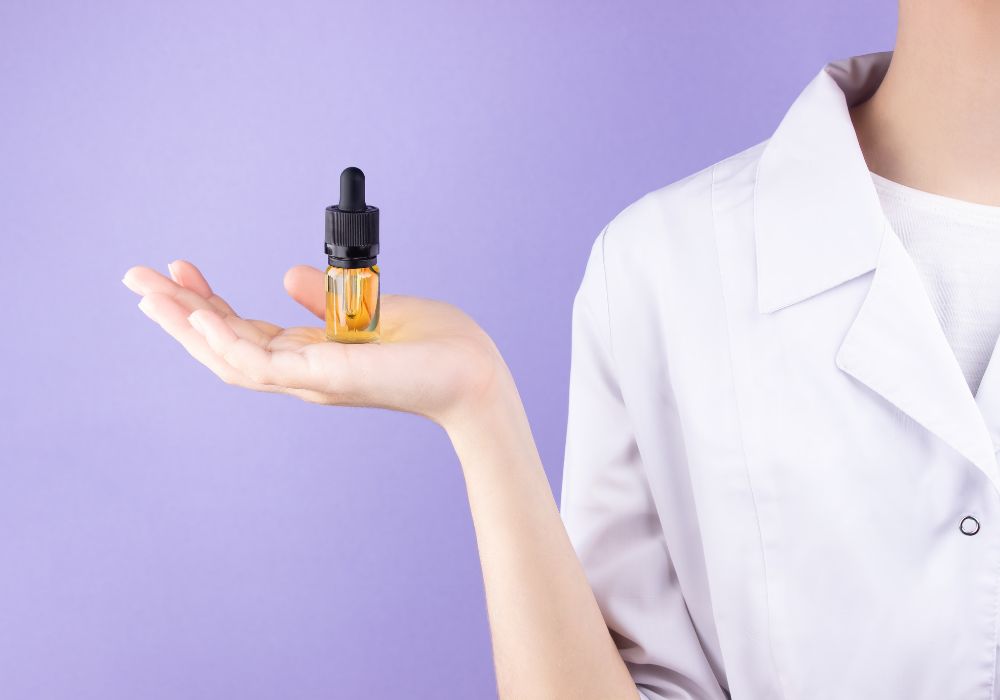
Medical prescription of CBD by somnologists
There are many studies demonstrating the benefit of cannabidiol in improving the quality (and duration) of sleep. We talk about it in our article “CBD to sleep”.
Sleep specialists, or somnologists, may recommend CBD for its relaxing effects that promote better sleep, particularly for patients who suffer from insomnia induced by ever-present stress or recurring episodes of anxiety.
Consumed in the form of oil (sublingual) or flower (by vaporization), CBD also helps reduce the various symptoms of paradoxical sleep disorder, including nocturnal verbalization (talking in one's sleep), unexpected awakenings in the middle of the night and muscle spasms in the middle of sleep.
Medical prescription of CBD by sports doctors
Physicians specializing in sports medicine can include CBD in their recommendations for its benefits in physical recovery and pain management.
Prescriptions generally concern athletes who suffer from post-exercise muscle pain, inflammation or injuries.
In this context, CBD is used in the form of creams or oils for local application to reduce inflammation and accelerate recovery without the risks associated with nonsteroidal anti-inflammatory drugs (NSAIDs), such as problems gastrointestinal or cardiovascular.
In addition, being non-psychoactive, it does not compromise the cognitive abilities or reactivity of athletes, which is decisive in competition.
CBD will also allow athletes to improve the quality of their sleep, essential for good physical and mental recovery, but also to neutralize their stress.

